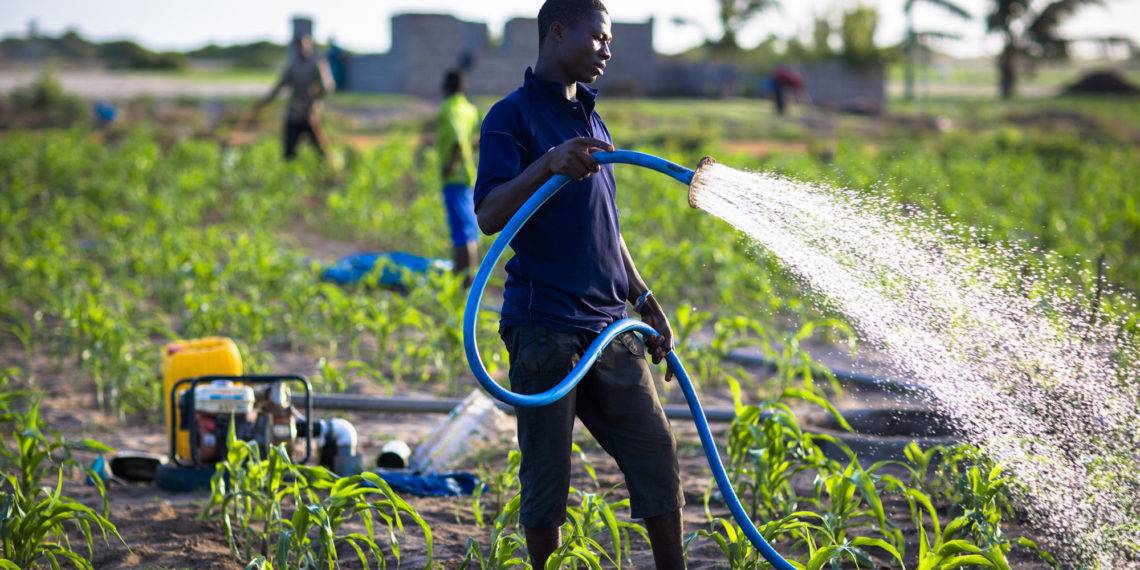Ghana's President, John Dramani Mahama, has launched a comprehensive initiative to revolutionize the country's agricultural sector and reduce reliance on food imports. The Feed Ghana Programme is a flagship project designed to revitalize the sector, focusing on tree crops, particularly the oil palm industry. This strategic move aims to capitalize on Ghana's potential in the global oil palm market, projected to reach $65 billion by 2027.
The Feed Ghana Programme: Key Objectives
- Boost Local Production: Bridge the gap between local demand and production, currently standing at 450,000 metric tonnes and 300,000 metric tonnes, respectively.
- Modernize Farming Techniques: Introduce cutting-edge farming practices to enhance productivity and efficiency.
- Infrastructure Development: Create agro-industrial zones across the country to support large-scale farming and processing.
- Support Farmers and Exporters: Offer targeted incentives to farmers, processors, and exporters through the National Palm Oil Industry Policy.
The National Palm Oil Industry Policy
This policy is a crucial component of the Feed Ghana Programme, aiming to make palm oil a key economic pillar, similar to cocoa. The policy will provide strategic incentives to support farmers, processors, and exporters, enabling them to capitalize on the growing demand for palm oil both locally and internationally.
Strengthening the Tree Crops Development Authority
The Tree Crops Development Authority (TCDA) was established in 2019 to regulate and sustainably develop six strategic crops: oil palm, cashew, mango, coconut, shea, and rubber. President Mahama has reaffirmed his commitment to strengthening the TCDA, with a special emphasis on oil palm due to its high demand.
Challenges and Opportunities
Ghana's agricultural sector faces significant challenges, including:
- Food Import Bill: Exceeds $2 billion annually, highlighting the need for increased local production.
- Agro-industries: Operating far below capacity, indicating a need for improved infrastructure and support.
- Food Inflation: Although food inflation has dropped from a peak of 54% in 2022 to 23%, the situation still demands urgent attention.
Agro-Industrialization and Economic Growth
The Feed Ghana Programme marks a significant policy shift towards agro-industrialization, with the oil palm industry set to be a cornerstone of Ghana's renewed agricultural agenda. By repositioning agriculture as a driver of economic growth, job creation, and food security, the programme aims to:
- Feed the People and Industries: Strengthen the economy and reclaim Ghana's place in the global agricultural value chain.
- Collective Effort: Encourage collaboration among stakeholders to achieve the programme's objectives.
Ghana's Agricultural Landscape: Potential and Promise
Ghana's agricultural sector has vast potential for growth and development. With the right policies and support, the sector can become a major driver of economic growth and food security. Initiatives like the Feed Ghana Programme and the Policy Prioritization through Value Chain Analysis (PPVC II) project demonstrate the government's commitment to transforming the sector.
By focusing on tree crops, particularly oil palm, Ghana can capitalize on its comparative advantage and become a major player in the global oil palm market. With careful planning and implementation, the Feed Ghana Programme can help Ghana achieve its agricultural development goals and improve the lives of its citizens.


